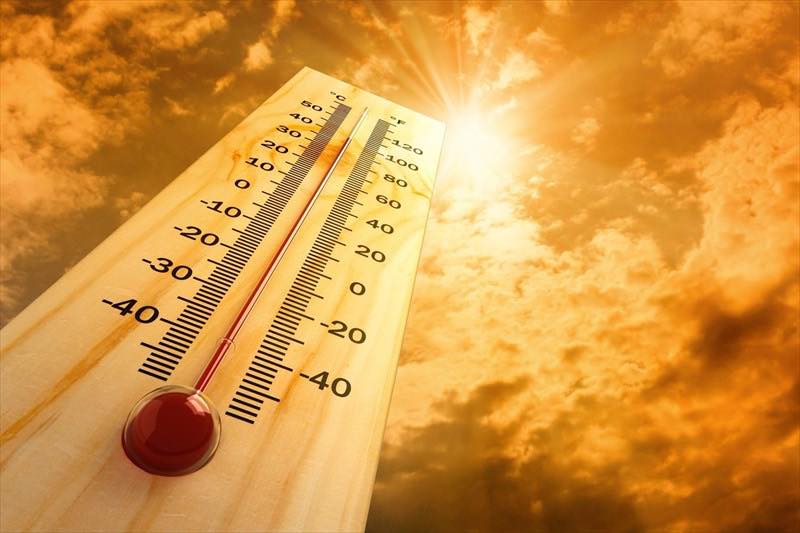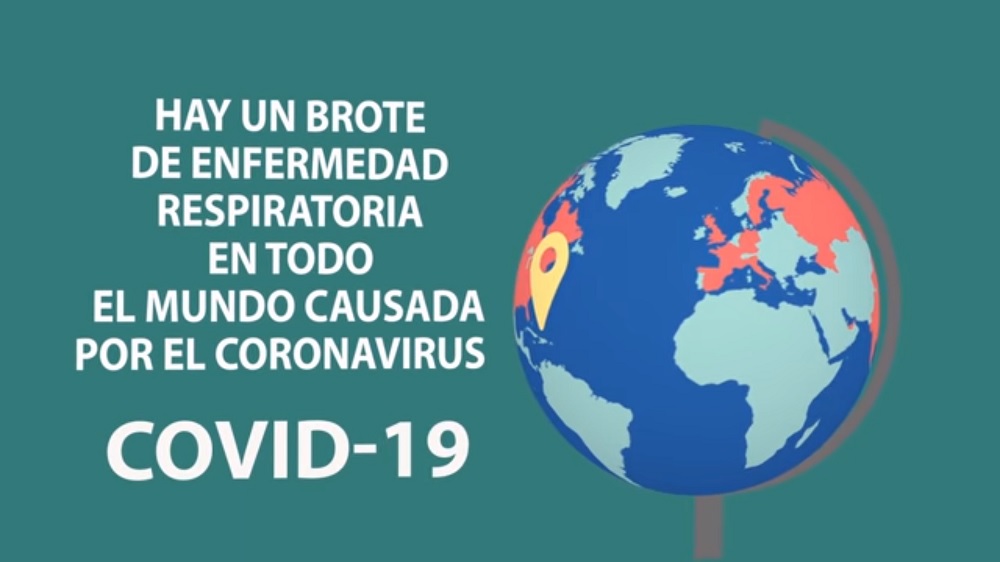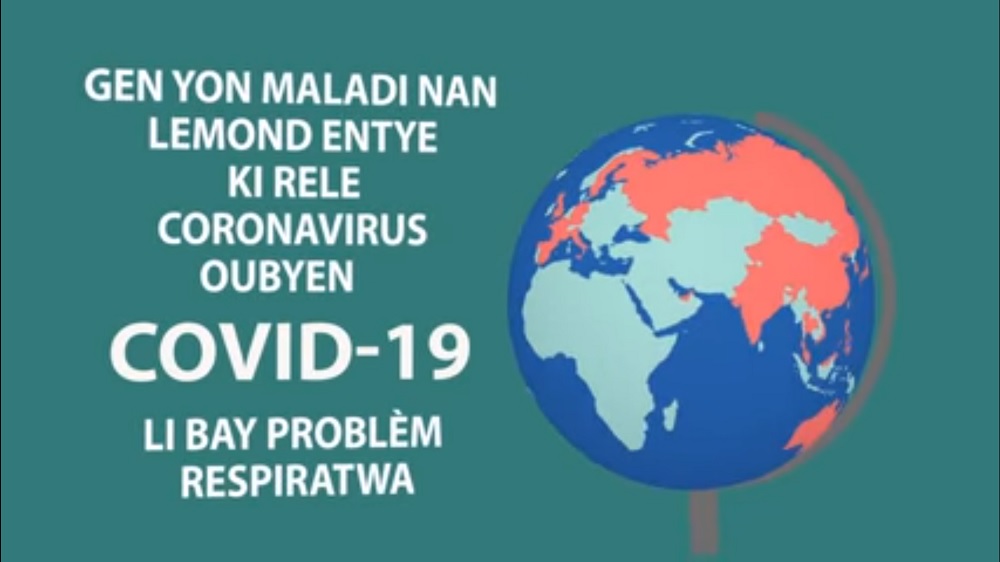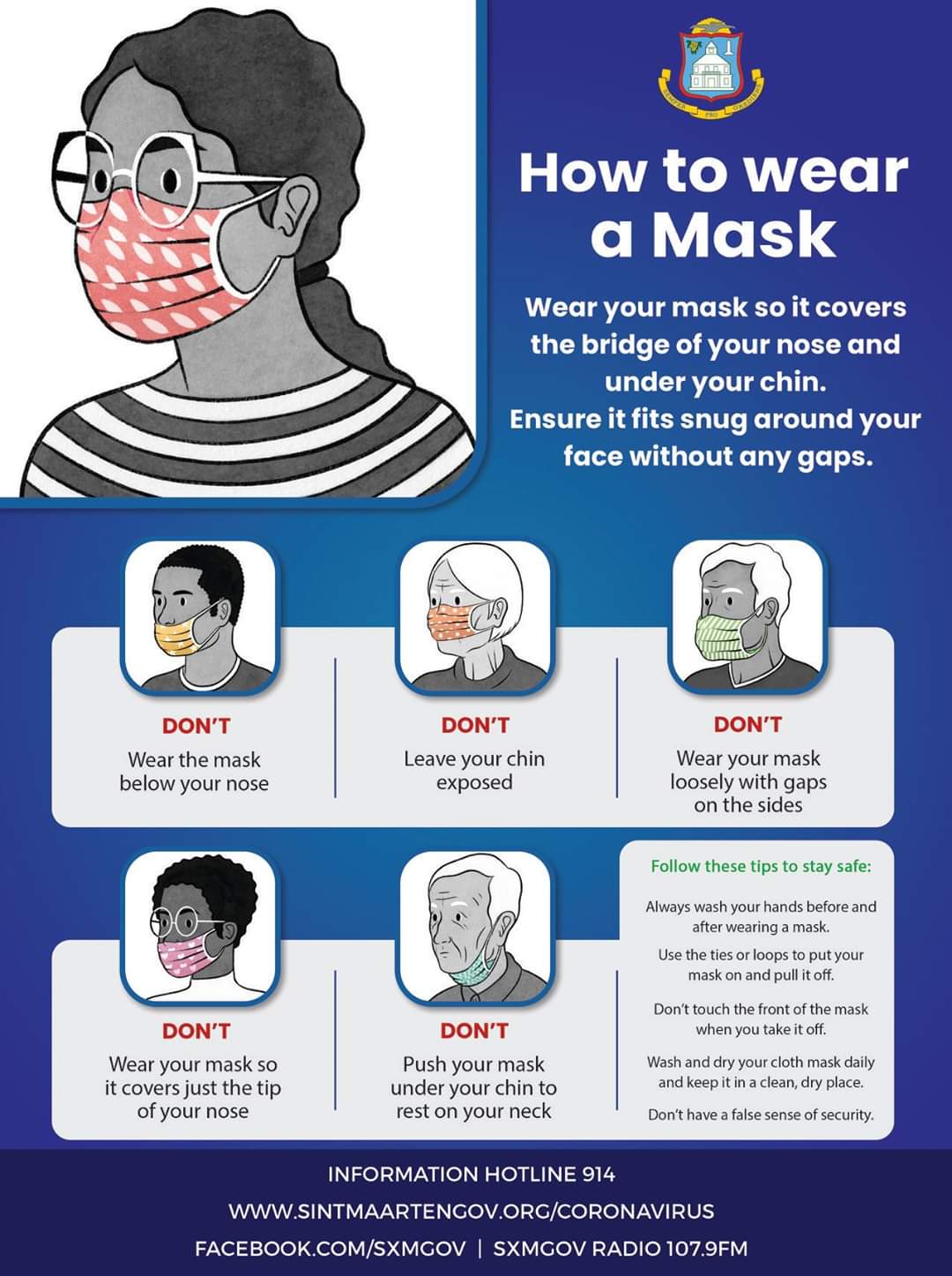Due to hot weather, CPS urges population to prevent heat related illnesses
October 2, 2020 2:00 pm
With the extreme heat that the country has been experiencing during the past couple of weeks, residents and visitors are requested to take measures to prevent heat-related illnesses, the Collective Prevention Services (CPS), a department within the Ministry of Public Health, Social Development and Labour, said on Thursday.
Heat-related illnesses are heat exhaustion or heat stroke. The aforementioned happens when the body is not able to properly cool itself.
Some factors that might increase your risk of developing a heat-related illness include high levels of humidity; obesity; fever; dehydration; prescription drug use; heart disease; mental illness; poor circulation; sunburn; and alcohol use.
Some measures that can be taken to stay hydrated are: wear lightweight, light-colored loose-fitting clothing; stay cool indoors (air-conditioning); wear sunscreen; do not leave children and animals in cars; and avoid hot and heavy meals as they add heat to your body. Also, keep your pets hydrated by providing plenty of fresh water; leave water in a shady area.
Dehydration occurs when your body loses more fluid than you take in, and the current hot and dry weather can make you very thirsty.
When the normal water content of your body is reduced, it upsets the balance of minerals (salts and sugars) in your body, which affects the way it functions.
Older adults, the very young, and people with mental illness and chronic diseases are at the highest risk, however, young and healthy people can also be affected if they participate in strenuous physical activities during hot weather.
CPS is advising the community to make sure they drink lots of water during outdoor activities and especially those working in the construction sector and outdoor public sector projects.
Dehydration is usually caused by not drinking enough fluid to replace what we lose.
Anyone can become dehydrated, but certain groups are particularly at risk. These include: babies and infants - they have a low body weight and are sensitive to even small amounts of fluid loss; older people - they may be less aware that they are becoming dehydrated and need to keep drinking fluids; people with a long-term health condition - such as diabetes or alcoholism; and athletes - they can lose a large amount of body fluid through sweat when exercising for long periods.
Some of the early warning signs of dehydration include feeling thirsty and lightheaded; a dry mouth; tiredness; having dark coloured, strong-smelling urine; and passing urine less often than usual.
A baby may be dehydrated if they: have a sunken soft spot (fontanelle) on their head; have few or no tears when they cry have fewer wet diapers; and are drowsy.
The body is affected even when you lose fluid. Make it a habit to drink more water.
Consult your physician if you think you or your child are dehydrated.
Source: sintmaartengov.org 









